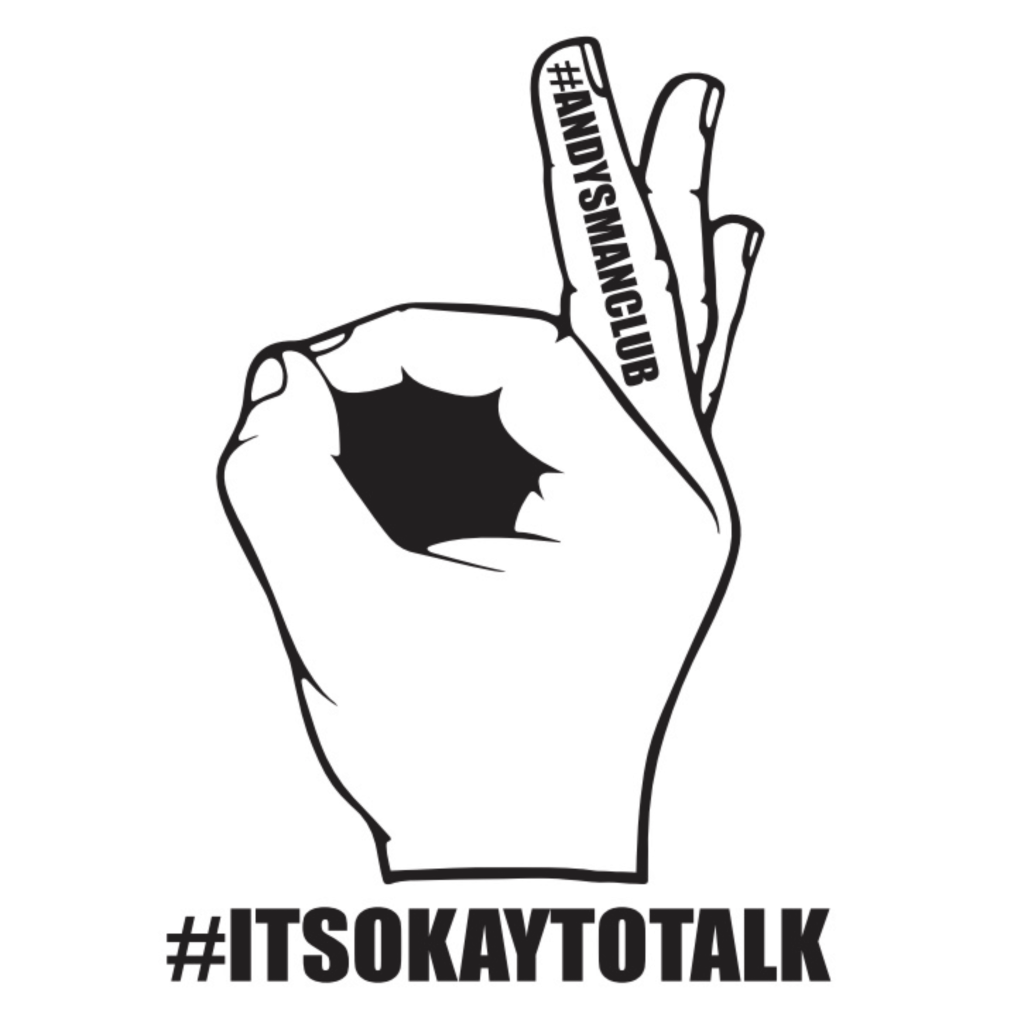Why Men Struggle with Suicidal Thoughts and Self-Harm
Suicidal thoughts and self-harm are serious mental health concerns that affect people of all genders but the impact on men is particularly severe. In the UK, around 75% of all suicides are men according to the Office for National Statistics. Globally, men die by suicide at significantly higher rates than women, even though women are more likely to be diagnosed with depression or anxiety.
Why is this the case? The answer is complex and involves societal expectations, emotional suppression and barriers to seeking help. Many men struggle with feelings of hopelessness but feel unable to talk about them for fear of stigma, judgment or being seen as weak. This silence makes suicidal thoughts and self-destructive behaviours even more dangerous.
Understanding why men are at higher risk and how therapy can help is crucial in breaking this cycle.
Why Are Men at Higher Risk of Suicide and Self-Harm?
Social Conditioning and Emotional Suppression
From a young age, many boys are taught to be strong and independent. Phrases like “man up,” “don’t cry” and “deal with it” teach that expressing emotion is a weakness. As a result, men often suppress sadness, fear and vulnerability. These emotions, when left unspoken, can lead to isolation and despair.
Studies show that emotional suppression is linked to increased depression and suicidal thinking. When men feel like there is no outlet for their pain, suicidal thoughts can intensify.
Reluctance to Seek Help
Men are far less likely than women to access mental health services. Research shows men are:
- Less likely to visit a GP for mental health concerns
- Less likely to attend talking therapy
- More likely to self-medicate with alcohol or drugs
This reluctance prevents men from getting the support they need and allows problems to grow worse.
Higher Use of Lethal Methods
Women are more likely to attempt suicide but men are more likely to die by suicide. One key reason is that men often choose more lethal methods, making early intervention even more important.
Economic Pressure
Many men feel pressure to be providers. This can cause stress, anxiety and self-worth issues, especially during times of unemployment or debt. Financial strain has a deep impact on mental health and can lead to hopelessness.
Relationship Breakdowns and Emotional Isolation
Breakups and divorce are a major trigger for suicidal thoughts in men. Many men tie identity and self-worth to relationships. When these end, it can lead to loneliness, grief and a sense of failure. Without emotional support, the distress can feel overwhelming and may lead to self-harm or suicidal thinking.
Common Signs of Suicidal Thoughts and Self-Harm in Men
It’s vital to recognise the signs early, whether in yourself or someone else. These include:
- Expressing hopelessness, e.g. “I can’t go on” or “Everyone would be better off without me”
- Withdrawing from friends, family and activities
- Sudden mood changes, including calmness after a long period of distress
- Increased risk-taking like heavy drinking, drug use or reckless driving
- Giving away belongings
- Self-harm such as cutting, burning or other actions used to manage emotional pain
If you notice any of these signs, support should be sought immediately.
How Therapy Helps Men Facing Suicidal Thoughts
A Safe Space to Talk
For many men, therapy is the first time they feel able to speak without fear of judgment. Talking with a professional can break the isolation and offer relief from emotional pressure.
Getting to the Root of the Problem
Suicidal thoughts often come from deep emotional pain, trauma or loss. Therapy helps explore these roots and build healthier coping strategies.
Types of Therapy That Can Help
- Psychodynamic Therapy – Helps explore unconscious emotional conflict
- Person-Centred Therapy – Offers a non-judgmental space to explore feelings
- ACT (Acceptance and Commitment Therapy) – Builds acceptance of difficult thoughts and emotions
- Group Therapy and Peer Support – Connects men who are going through similar struggles
- Trauma-Focused Therapy (like EMDR) – Especially helpful for those carrying unresolved trauma
Challenging the Shame of Asking for Help
A major barrier is the belief that needing help is weak. Therapy directly challenges this narrative and shows that strength includes vulnerability.
Suicide Prevention and Crisis Planning
Therapists can offer coping strategies, develop safety plans and connect clients to further support. For men in crisis, this kind of intervention can be life-saving.
Changing the Conversation About Men and Mental Health
Mental health problems are not a sign of failure. They are challenges that can be managed with the right support. If you or someone you care about is struggling, take action now.
We must change how we talk about men’s mental health. Men need to know they are not alone and that it’s okay to open up.
Immediate Mental Health Support (UK)
- Samaritans – Call 116 123 (24/7, free)
- CALM (Campaign Against Living Miserably) – Call 0800 58 58 58 (5pm to midnight)
- Mind – Call 0300 123 3393 or text 86463
- Shout – Text “SHOUT” to 85258 (24/7 crisis text support)















